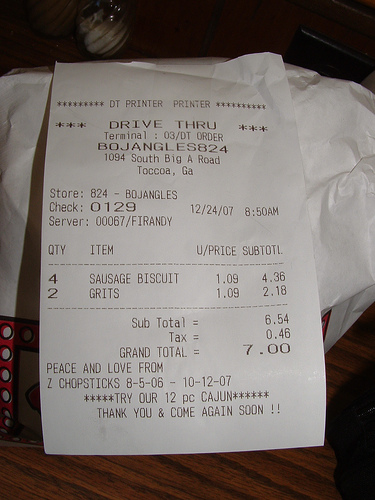From an undated document circa 1989:
The easiest kind of letter to write is one to someone you know well. You know what interests him and what doesn’t. There is little chance of his misunderstanding you, and since you share a common background, there are many things which can be left unsaid. There is no need to chew the end of your pen before beginning to write. The friendship which exists causes the ideas to flow.
When, however, your correspondent is unknown or scarcely known, when he comes from a different country and speaks a different tongue, when you know neither his interests nor his opinions, then the pen is apt to be nibbled for a considerable time. In this case you may find the following hints useful.
Continue reading “Hints on Letter Writing”